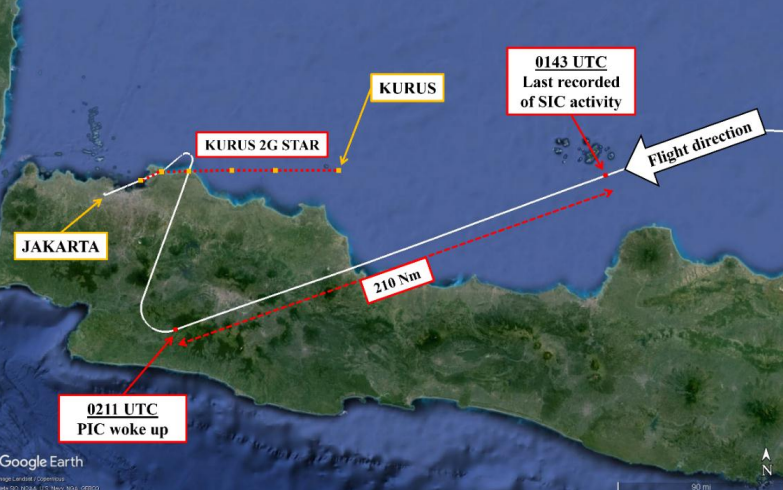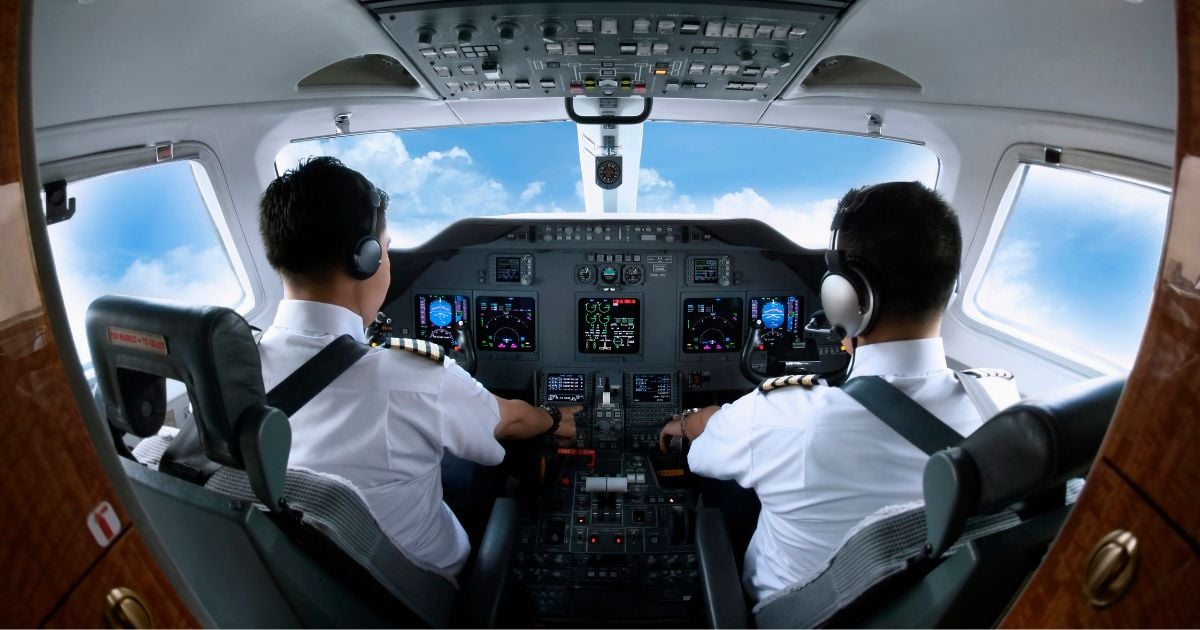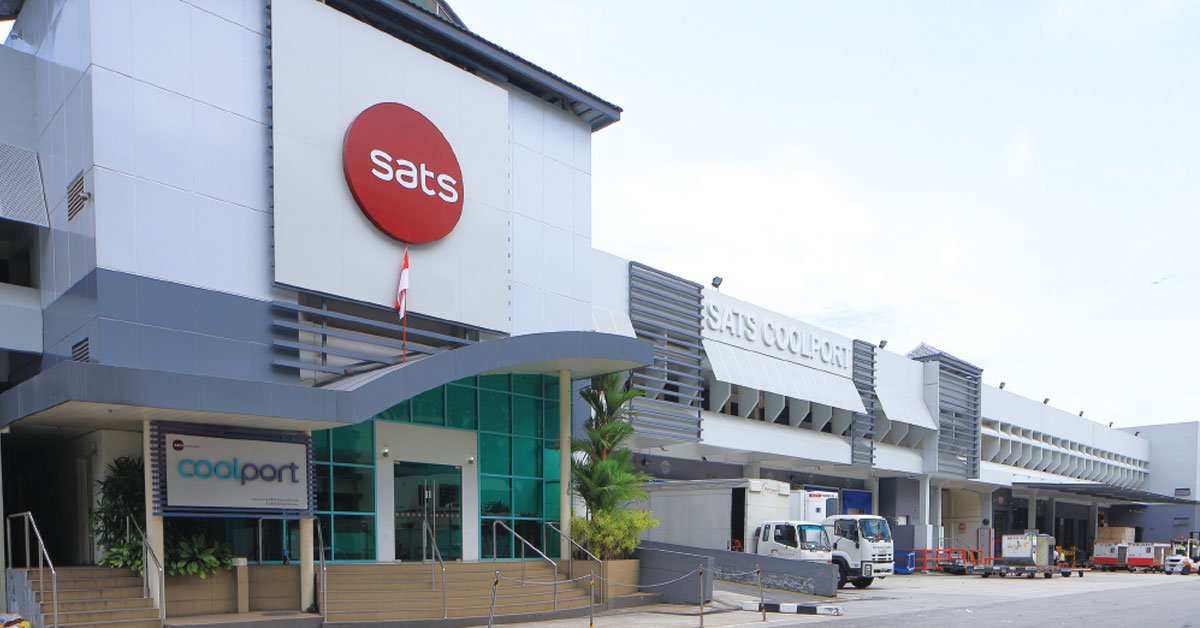We all fall asleep during lectures sometimes. It happens.
What doesn’t usually happen, however, is a pilot and co-pilot falling asleep during a flight.
During a Batik Air flight from South East Sulawesi to Jakarta on 25 January, the pilot and co-pilot were simultaneously asleep in the cockpit for 28 minutes, according to a preliminary report by Indonesia’s National Transportation Safety Committee (KNKT).
The report was uploaded to the agency’s website in late February.
About half an hour after take-off, the pilot, 32, asked his co-pilot, 28, if he could sleep for a while, and his request was granted.
The co-pilot then took over control of the plane while the pilot caught some shut-eye.
Such controlled rest periods are common on short-haul flights like this one. It allows one pilot to rest for a little while the other continues monitoring the controls. It is designed to help manage fatigue and improve safety.
45 minutes later, the pilot woke up and asked if the co-pilot wanted to rest, to which he declined. The two then had a short conversation for about 30 seconds before the pilot went back to sleep.
The co-pilot then spent about the next 20 minutes communicating with air traffic controllers and flight attendants before he “inadvertently” dozed off.
According to the KNKT report, the co-pilot had not rested adequately the night before, and was tired as he had one-month-old twin babies at home.
A few minutes after the last recorded transmission by the co-pilot, the area control centre in Jakarta tried to contact the aircraft. It received no answer.
The area control centre tried to contact the aircraft several more times and also asked other pilots to contact the aircraft.
None of these calls were answered.
28 minutes after the last recorded transmission, the pilot woke up, and air traffic control was once again contacting the aircraft over the deviation from its scheduled flight path.

There are approximately 100,000 flights every day. With so many planes in the sky, it’s important for air traffic controllers to carefully map out flight paths and for aircrafts to keep on said paths to avoid collisions.
This incident could have been fatal for the people on board if the plane had crossed into another aircraft’s path.
He woke up his co-pilot and responded to the calls from Jakarta, correcting the flight path.
The Airbus A320 landed safely and its 153 passengers and four flight attendants on the two hour and 35 minute flight were unharmed.
The transport ministry said it “strongly reprimands” Batik Air over the incident, said the air transport director-general, Maria Kristi Endah Murni.
“We will carry out an investigation and review of the night flight operation in Indonesia related with Fatigue Risk Management for Batik Air and all flight operators,” Ms Kristi said.
Batik Air said in a statement on 9 March that it “operates with adequate rest policy” and that it was “committed to implement all safety recommendation”.
The pilots, both Indonesian nationals, involved have been temporarily suspended.



